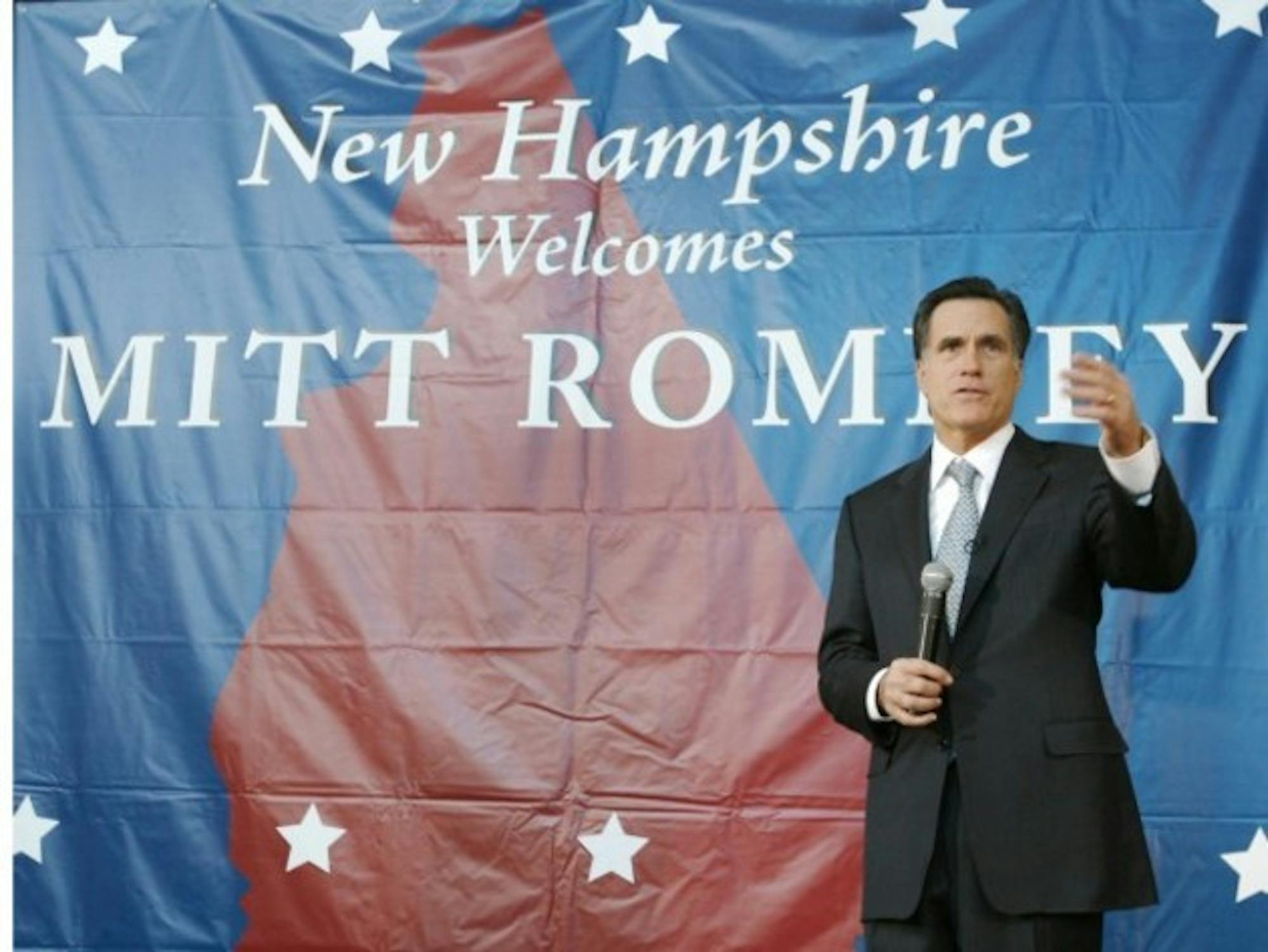Romney set himself apart from the two Republican primary frontrunners, Sen. John McCain, R-Ariz., and former New York City mayor Rudy Giuliani, emphasizing his conservative stance on abortion and gun control. He also denounced the McCain-Kennedy immigration legislation that would establish criteria for illegal immigrants to remain in the United States legally.
"I don't agree with it. I think it's the wrong course," he said. "I do not believe amnesty is the right course for the 11 or 12 million illegal immigrants who are living here. It didn't work in the 1980s; it's not going to work in the 2000s either."
While Romney did not discuss his religious beliefs in his speech, during the question-and-answer session that followed, he was asked to describe his Mormon faith and to state whether he planned to give a speech regarding his religion as President Kennedy did in 1960, a time when his Roman Catholic religion was not widely accepted.
"My faith is like other faiths in this country in that we have the same values," he said. "I really haven't decided whether there is a special speech that has to be given about my belief that a person running for office is not running for pastor-in-chief, but instead is running to make America a safer place and more prosperous place for our families."
According to the Associated Press, a recent WMUR-TV/CNN poll showed McCain and Giuliani in a dead heat among likely New Hampshire voters, McCain having the support of 28 percent of voters and Giuliani having that of 27 percent. Romney stood at a distant third with only 13 percent.
"I don't think a lot of people are listening yet to my campaign," he said. "They will a year from now. At that time people will get to know me and what I stand for, where I will take America and perhaps at that time we can have a bigger discussion about religion although I think by that time the religion issue will have pretty much faded away."
Romney did not specifically address his plans for Iraq in his speech but said that he believes that in general, the United States needs to increase the size of its military.
"We need to show that we speak softly but carry a big stick," Romney said, alluding to President Theodore Roosevelt's words.
Later, in a news conference following the event, Romney said that he does support a troop surge in Iraq.
Regarding immigration policy, Romney advocated that the United States should secure its borders and implement an employment verification system.
"If we do that then we can solve our problem with immigration," he said. "The answer is not amnesty."
Romney also identified healthcare reform and education as important domestic issues. He cited his success in ensuring universal health insurance for his constituents without raising taxes as governor of Massachusetts.
Calling for educational reform, Romney said that there are serious flaws in America's current system and that the U.S. must "raise the bar in education" and do more to support technology.
Romney was elected governor of Massachusetts in 2002 as a Republican after serving as president and chief executive officer of the 2002 Winter Olympic games held in Salt Lake City, Utah. After serving his four years as governor, Romney did not seek reelection. He is the son of the late former governor of Michigan and 1968 presidential candidate, George W. Romney.
Romney delivered a speech at Dartmouth-Hitchcock Medical Center Feb. 2, before he announced his decision to run.




